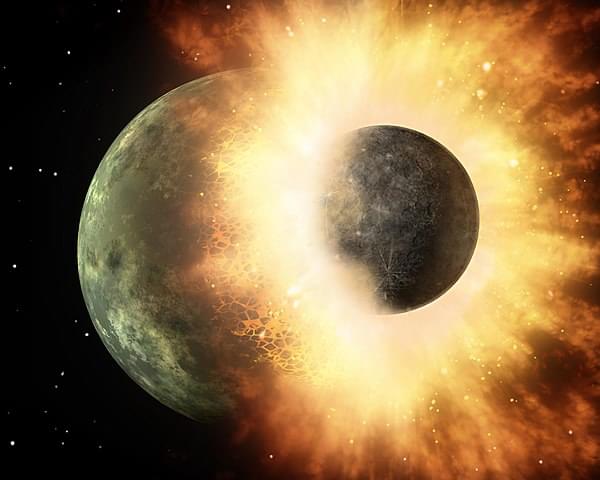“No one knows how the moon was formed,” said Dr. Darren Williams. “For the last four decades, we have had one possibility for how it got there. Now, we have two. This opens a treasure trove of new questions and opportunities for further study.”
How did the Moon form? Was it from a collision, as has been the longstanding theory, or could it have been captured by the Earth early in our planet’s formation? This is what a recent study published in The Planetary Science Journal hopes to address as two researchers from Penn State investigated a new model for how our Moon came to reside within its present orbit around the Earth. This study holds the potential to help researchers better understand the origin of our Moon, which could help explain how some moons throughout our solar system came to be orbiting their respective planets, as well.
For the study, the researchers performed a series of calculations aimed at ascertaining if a simulated binary object could end up in the Moon’s orbit. The argument the researchers make is that if the Moon was formed from a collision, then it would orbit above the Earth’s equator. In contrast, the Moon’s orbit follows a different orbit.
“The moon is more in line with the sun than it is with the Earth’s equator,” said Dr. Darren Williams, who is a professor of astronomy and astrophysics at Penn State Behrend and lead author of the study.
